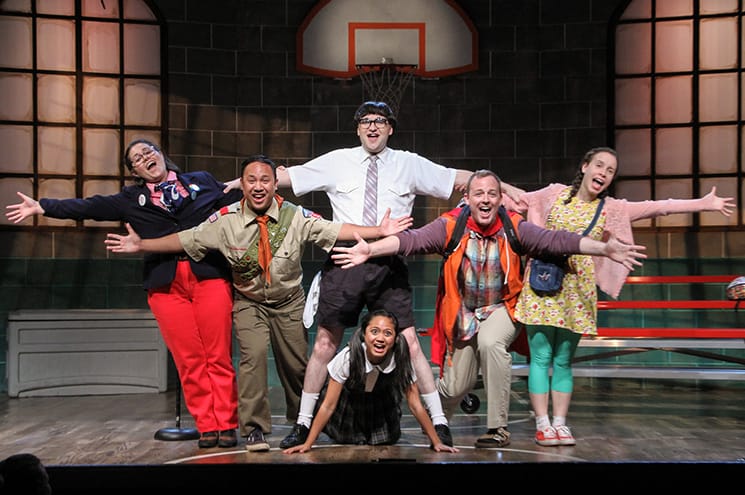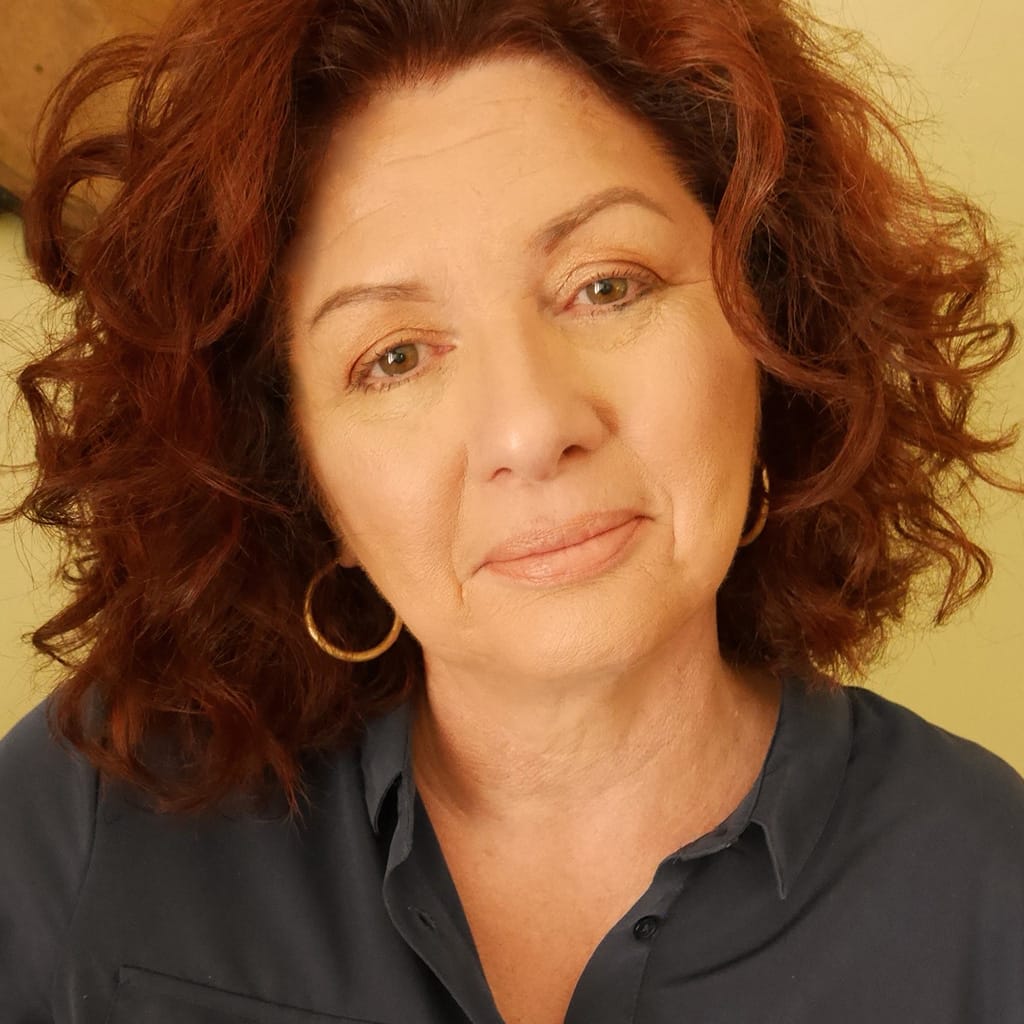Arts Management Student Honored For Multicultural Theatre

Estelle Campbell, a master’s student in the Arts Management program, has been honored for producing theatrical works featuring roles for women and artists of color. She will receive the Rainbow Award during a Los Angeles Women’s Theatre Festival (LAWTF) ceremony March 23 at the Barnsdall Gallery Theatre in Los Angeles.

“I was delighted and flabbergasted,” Campbell said. “The Los Angeles Women’s Theatre Festival is a very important organizer in the theatre community. It’s been going strong for 24 years, supporting women in the performing arts, so it’s quite an honor.”
The Rainbow Award is given to “an artist or individual for her diverse contributions in fostering non-traditional and multicultural theatre works,” festival officials said.
Campbell is one of six individuals honored for their contributions to theatre, including Grammy-nominated jazz and blues vocalist Barbara Morrison, composer, arranger, performer, and arranger Megan Cavallari, and artist and Grupo Cultural Zero founding member Paulina Sahagun.
Campbell has served as a board member, board president, and managing director of the Sierra Madre Playhouse, producing more than 20 Los Angeles area productions.
Her shows—which have always included roles for women and artists of color—include The 25th Annual Putnam County Spelling Bee, Our Town, To Kill a Mockingbird, Driving Miss Daisy, A Walk in the Woods, The Glass Menagerie, Charlotte’s Web, and A Wrinkle in Time.
Campbell said her productions enable audiences and communities to share each other’s stories.
“That’s what our mission is about at the playhouse—celebrating the American experience and, obviously, the American experiences is a story of immigrants.”